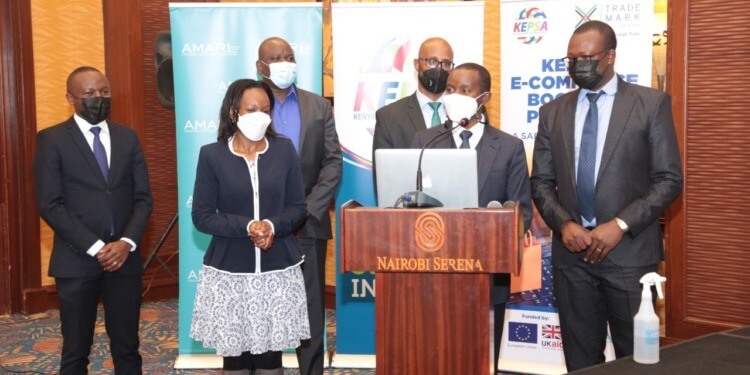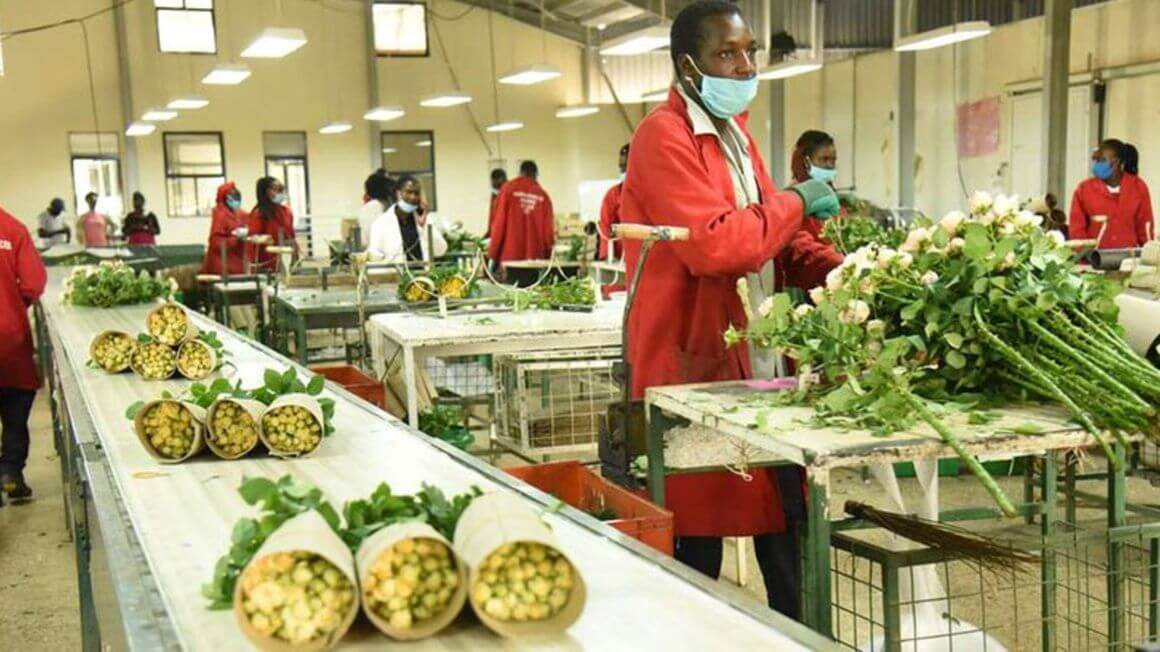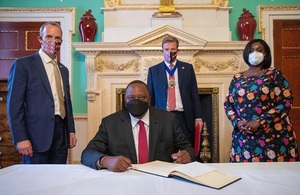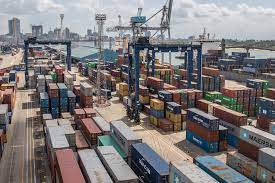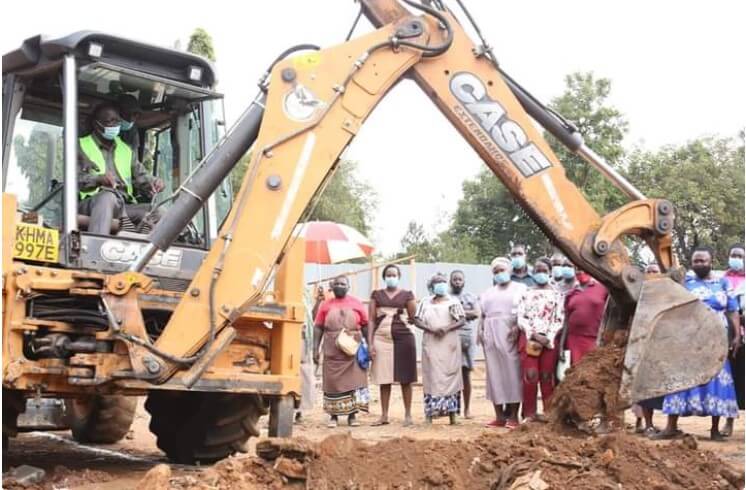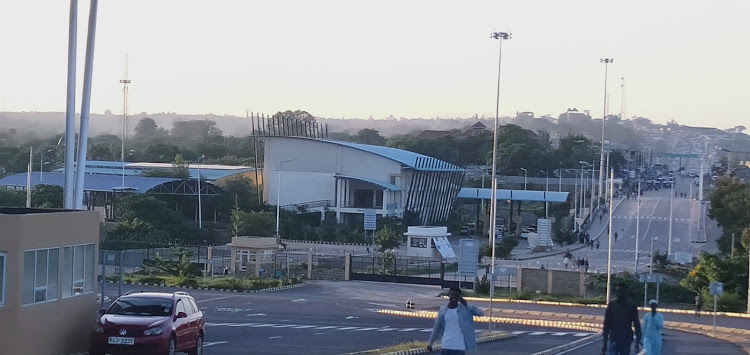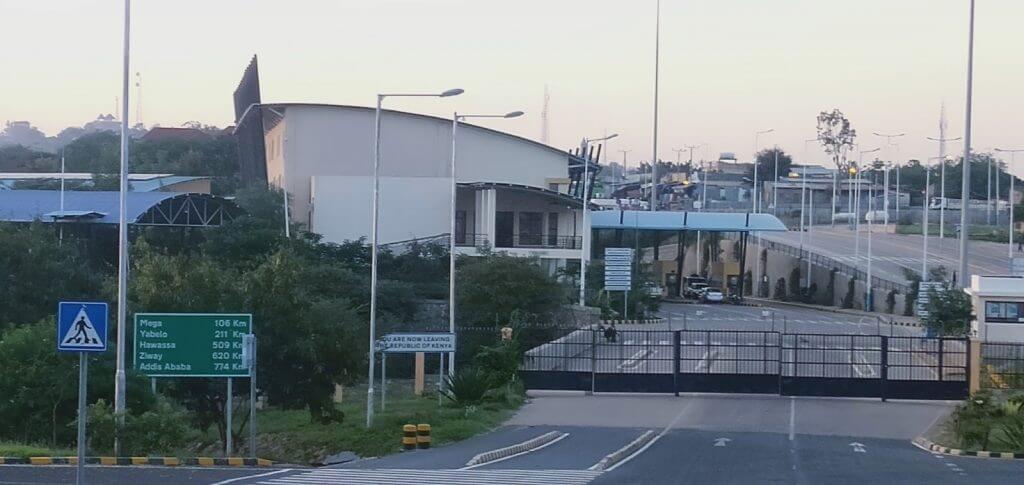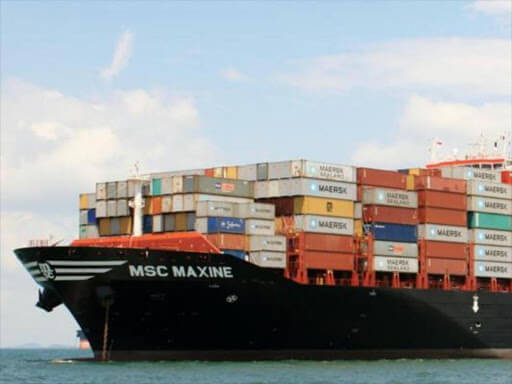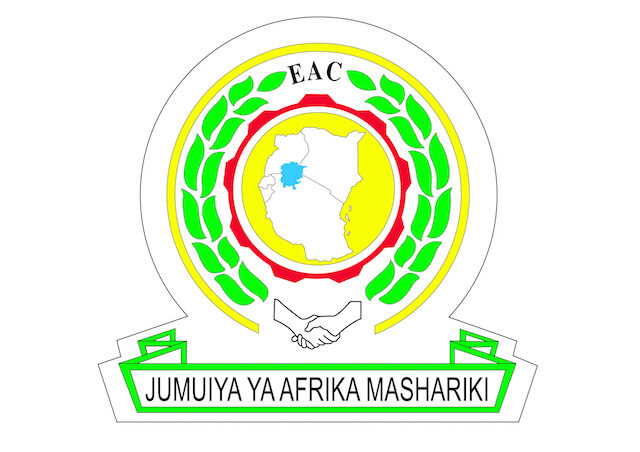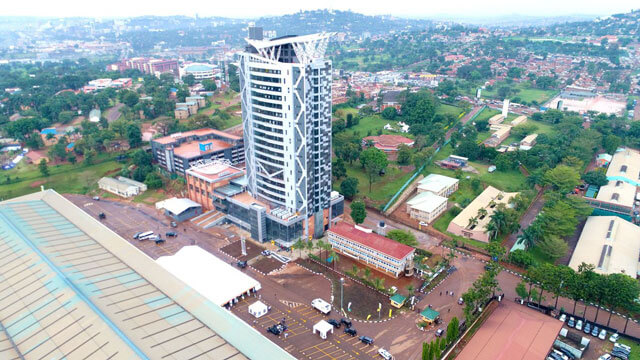Over 2,500 Micro, Small and Medium Enterprises (MSMEs) in Kenya have received training on expanding their digital presence courtesy of the Kenya Private Sector Alliance (KEPSA). The KEPSA E-commerce Booster Program was launched in February this year with a target of training 2,000 MSMEs. According to the Alliance, the enterprises have been trained on introduction to e-commerce, digital marketing, aftersales, content creation and management. Of the figure, 1300 businesses were on-boarded onto various ecommerce marketplaces to increase and diversify their revenue streams hampered by the Covid-19 pandemic. The MSMEs targeted by the program were struggling with their digital brand presence with majority of them reporting they were either unaware of missed opportunities or did not have a digital brand strategy. “As the COVID-19 pandemic continues to cause disruptions in global and regional value chains, it is clear that e-commerce is an important tool and solution for both businesses and consumers,” KEPSA said in a statement. The Alliance says it conducted the program owing to the fact that e-commerce can support small businesses in reducing their costs and effectively reaching their customers. E-commerce is also an economic driver for both domestic growth and international trade that makes economies more competitive. KEPSA reveals that the COVID-19 pandemic has occasioned a spike in business-to-consumers (B2C) online sales and an increase in Business-to-Business (B2B) e-commerce. According to the Alliance, the increase in B2C sales is particularly evident in online sales of medical supplies, household essentials and food products. As a result, attention has been...
Thousands of Kenyan MSMEs trained on e-commerce
Posted on: August 3, 2021
Posted on: August 3, 2021

